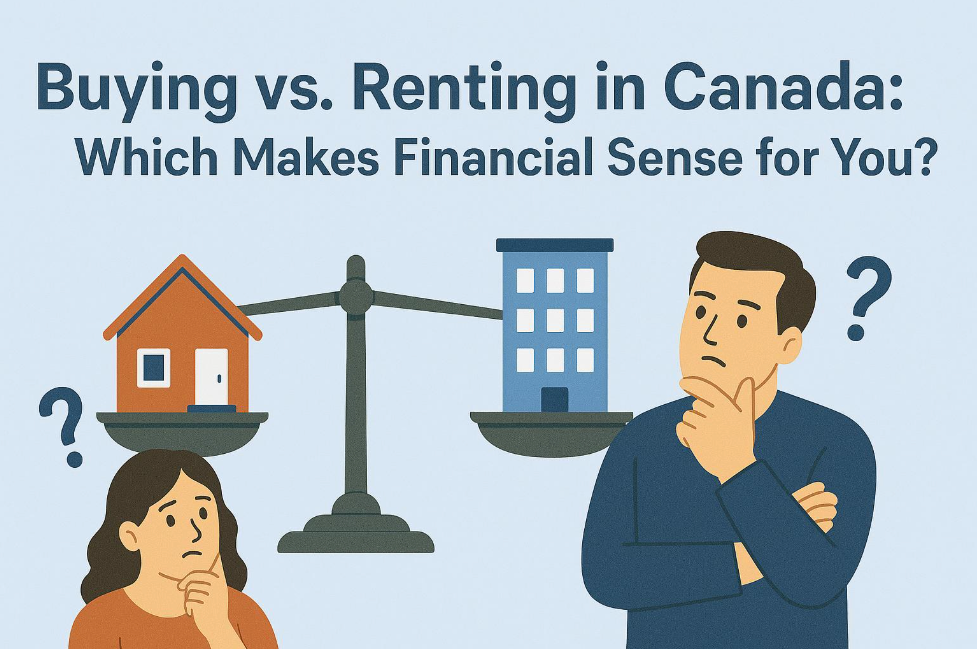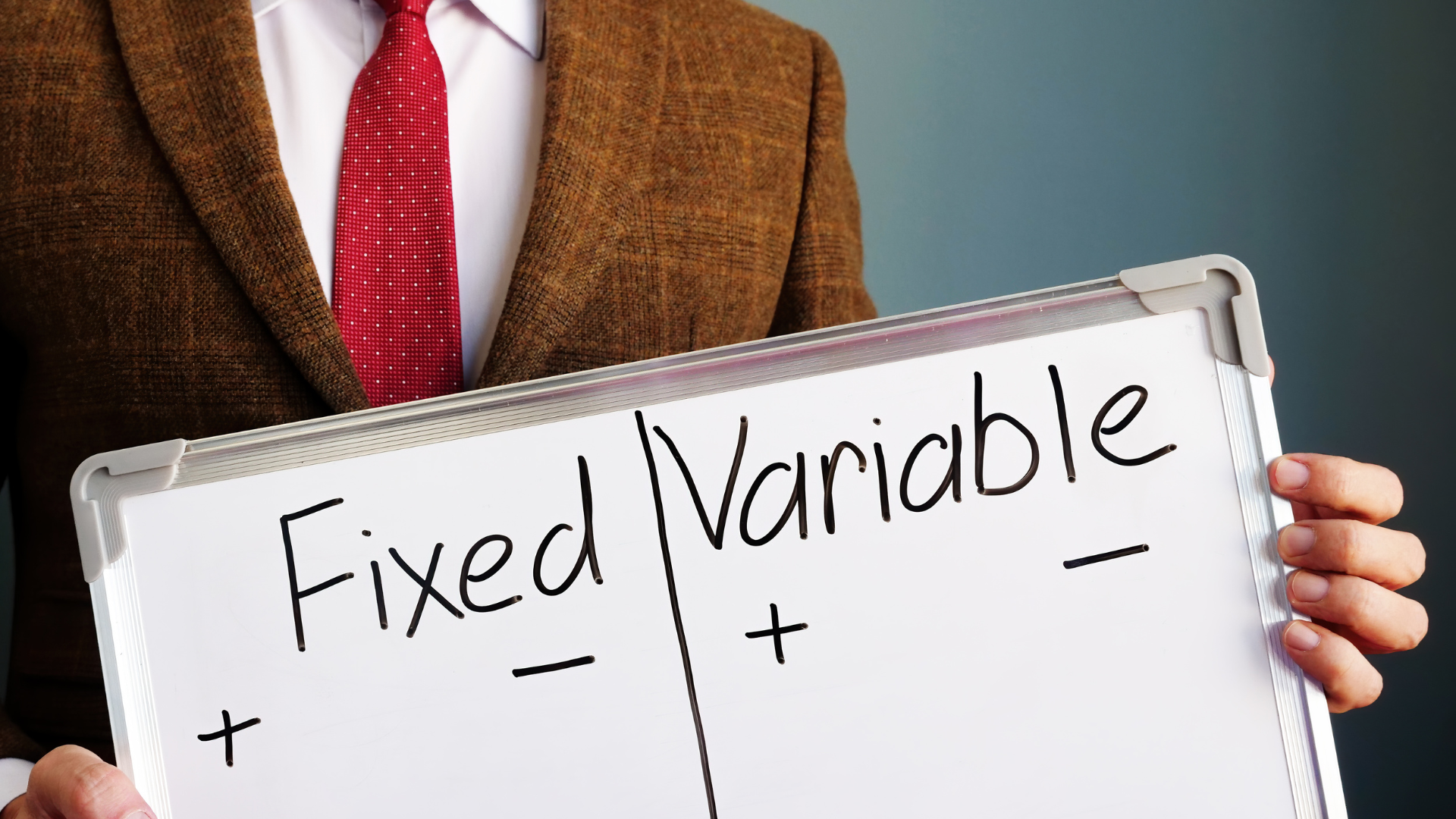Everything You Wanted to Know about Mortgage Default Insurance

Home buyers say the number one obstacle to homeownership is saving enough for a down payment.
There are many challenges that come into play when you’re in the market to buy a home.
When you buy a home, your best option is a 20% or higher down payment. For many Canadians, a 20% down payment is prohibitive.
What can you do if you can’t make such a big down payment? You can get mortgage default insurance to help lenders feel less risk about approving you for a mortgage with less than 20% down.
Exactly how much do you need to put down?
Assuming you can finance the debt with your current income, you can get a mortgage for as little as 5% down PLUS mortgage default insurance.
- In Canada, mortgage insurance is required federally on high-ratio mortgages (a down payment of less than 20%). This insurance, which protects the bank/lender in case the borrower defaults, gives lenders the flexibility to offer homebuyers with low down payments the same low interest rates they would offer to homebuyers with more equity.
- Mortgage insurance premiums are based on the amount of the mortgage. Technically the lender pays for mortgage insurance, but that cost of those premiums is passed onto you, the borrower. The smaller your down payment, the more expensive the default insurance. The premium is generally rolled into the mortgage but can be paid upfront as part of the closing costs. If the insurance premium is added to the mortgage amount, then you pay interest on the total amount borrowed, including the mortgage default insurance premium.
- In Canada there are three Canadian mortgage default insurance providers: Canadian Mortgage & Housing Corp. (CMHC) , Genworth or Canada Guaranty which all have a sliding scale, the larger your down payment the less insurance you pay.
CMHC is a federal Crown corporation, while both Genworth and Canada Guaranty are private insurers.
As a borrower, your lender selects the mortgage insurer, not you. Each mortgage insurer has their own criteria for evaluating the borrower and the property, and they decide whether or not your mortgage can be insured. Therefore, it’s possible that your lender may approve your mortgage application, but the mortgage insurer won’t. In that case, you won’t be able to get a mortgage unless your lender decides to try another insurer. Since there are only 3 insurers – 3 strikes and you’re out!
How Mortgage Default Insurance works:
If you stop making payments, the mortgage default insurer would protect your lender from financial losses. If you have mortgage insurance for the property, the lender can make a claim on the policy and the mortgage insurer will pay the lender, but you’re still responsible for any balance remaining to the insurer.
In other words, if the sale of the property isn’t enough to cover the balance of the mortgage owing to the lender, you don’t get off scot-free, your lender or insurer are able to come after you personally for the remainder of the balance.
Mortgage Default Insurance Exceptions:
- Investment properties are not eligible for mortgage insurance; consequently, you will need a minimum 20% down payment to buy.
- The longest amortization period for an insured mortgage is 25 years.
- Homes over $1 million are not eligible.
- Even if you have more than a 20% down payment, there are some situations when your lender may require you to get mortgage insurance (depending on the location, type of property, etc.).
Why is mortgage default insurance necessary?
The Canadian Federal government requires you to get mortgage default insurance if you have less than a 20% down payment.
Mortgage default insurance offers a benefit to the home buyer. Without mortgage default insurance, lenders would charge much higher interest rates, since you are higher risk than someone with more than 20% down payment. Even though you pay mortgage default insurance, you’re benefitting from paying less interest on the total mortgage amount.
When you buy a home, your best results will come when have a minimum 20% down payment, check out 5 GREAT Reasons To Provide a 20% Down Payment when Buying a Home
If you can’t save 20% down, then mortgage default insurance could allow you to buy your home.
Would you like more information regarding mortgage default insurance? Give me a call and let’s have a chat.
Kelly Hudson
Mortgage Expert
Mobile: 604-312-5009
Kelly@KellyHudsonMortgages.com
www.KellyHudsonMortgages.com






